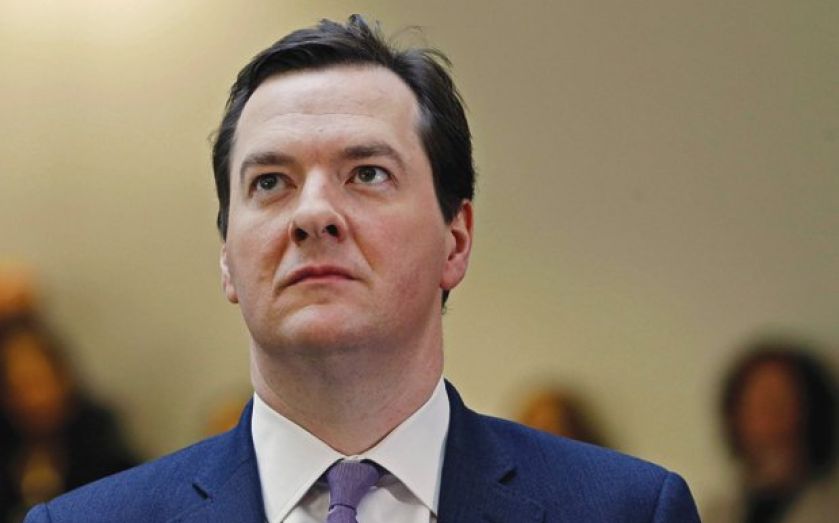How the government is helping SMEs access the finance they need

Small and medium-sized enterprises (SMEs) are the lifeblood of our economy. They employ close to 14.4m people (almost 60 per cent of total UK private sector employment), with almost 4.6m people now self-employed.
But many SMEs suffered after the financial crisis, due in part to the lack of availability and flexibility of bank lending. This government has focused on various ways to address this, including improving access to alternative forms of finance, and boosting traditional bank lending to SMEs.
The chancellor last week confirmed that as part of the first ever Small Business Bill, the government will require Britain’s big banks to pass on information about SMEs they reject for loans, so alternative lenders can offer finance instead. We’ve also directly supported the growth of non-bank finance providers, investing £1.2bn in new and niche providers. The government’s action will help bring a whole wave of new lenders much closer to the small businesses they serve.
The establishment of the British Business Bank (BBB), meanwhile, has brought together all of the government’s lending and investment programmes. The BBB has already delivered impressive results, providing a total of £782m of new lending in the last financial year, supporting over 30,000 businesses. And last week, the chancellor announced that the BBB will commit a further £100m as part of its Investment Programme. The government has also supported the growth of new, innovative forms of finance, like peer-to-peer lending and crowdfunding.
All of this builds on steps the government has taken to boost more traditional bank lending to SMEs, which fell sharply after the financial crisis. We introduced important credit easing measures such as the Funding for Lending Scheme, which reduced loan costs for lenders and businesses, and helped boost competition.
And the new Business Banking Insight survey is providing information on the banking products and services available to SMEs, including a public ranking of UK banks based on the services and products they provide.
As a result of all of this work, the picture has begun to steadily improve. Gross lending to SMEs has been increasing since November 2012, reaching £4.8bn in June 2014, and monthly gross lending to SMEs has now reached the highest levels recorded since April 2011. The proportion of SMEs that wanted to apply for finance but felt something had stopped them from doing so has decreased over time, and the SME appeals process is working, with £41m of extra finance provided as a result.
However, the government is not stopping there. I am clear that while we have made a good start, there is a lot more to do.
One of the biggest concerns we all share is the need to ensure jobs and economic security for ourselves and our families. The achievements of hard-working businessmen and women are key to our economic regeneration, and this government is determined to promote their success.